So, you’re going about your day minding your own business when suddenly, a call comes up. “Who’s this?” you wonder, as you pick up your phone to check the caller ID. To your surprise, you find that there’s no specific number calling you. Even more, you’re mortified to see the caller ID that says, “Restricted.” You wonder to yourself as you run a quick Google search to find out what it means. Sure enough, you find your way to this article to get to the bottom of that restricted call. Are your fears reasonable or are they groundless? Well, we’re here to tell you that they might be both. Here’s why.
Inside This Article
What Is a Restricted Number?
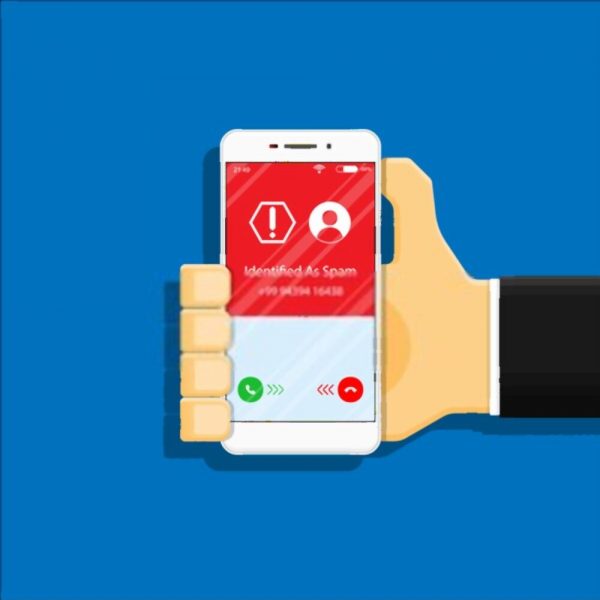
In years past, we’ve grown accustomed to seeing caller ID to the point that we naturally expect it. So, you can imagine how nerve-racking it is to receive a restricted call from a restricted number. You might get a growing sense of discomfort as you decide whether to pick up the call or not.
To put it simply, a restricted number is what someone uses to prevent others from seeing their number. They’ve essentially blocked their number from public viewing so that nobody can access them. If you receive a call from a person or company using a restricted number, that means they don’t want you to call back. You won’t get their number through the caller ID or your call log.
That restricted call, a call in which your phone cannot display and record the number of the source, is made possible by the caller’s service provider.
There are many reasons why people make a restricted call using a restricted number. Some do it for privacy and security as an added layer of protection. They do it to protect themselves from harassment or being tacked when making phone calls. However, it’s unsurprising that many people don’t answer when they receive a restricted call. Most people think it’s a sketchy thing to accept a restricted call; understandably so. However, you can’t truly know for sure who’s calling you. If you want to know who’s on the other end of a restricted call, there are multiple possibilities to consider.
Who Are Making These Restricted Calls?
Both organizations and individuals can make a restricted call if they want to. All they need is to use a restricted number to ensure their number is concealed. There are many reasons a person or company might do this. Therefore, don’t immediately jump to the conclusion that whoever’s calling you is a shady dealer with malicious intentions.
One reason for using a restricted number instead of a regular one is to maintain security through anonymity. For example, solicitors and collection agencies use these numbers to heighten security. Much of the work that collection agencies take on stirs intense emotions. In such cases, recipients might use the call to track down the collection agency’s location. You can immediately tell that something like this can be quite dangerous.
Another example of a legitimate usage for restricted numbers is to increase privacy. Anyone can restrict their number, whether they’re part of a company or just an individual. The reason why people do this is to protect themselves from malicious people. If your number falls into the hands of pesky contacts, you might be harassed relentlessly. This can happen from time to time, hence why people are sometimes forced to change numbers. That’s why some individuals opt to make a restricted call so that they’ll be safer.
Should You Answer a Restricted Call?
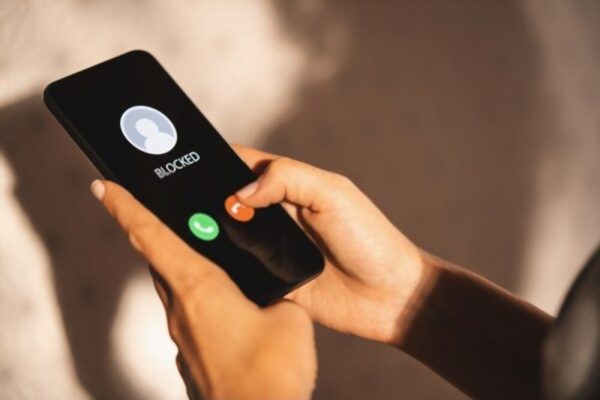
As you can see, a restricted call may be completely harmless because it has legitimate reasons. However, whether you should answer a restricted call is an entirely different matter. That’s because, while there may be legitimate reasons, there are equally as many illegitimate reasons to use restricted numbers.
For instance, scammers use restricted calls to make robocalls. Making a restricted call instead of a regular call helps them catch a bit more fish with their bait. However, we find call-blocking apps rising in popularity because of these scams.
On the other hand, a sketchy restricted call might not come from just scammers. Pesky telemarketers also use the tactic. While this may not pose a big threat, it’s still quite annoying, especially if you receive them frequently.
Lastly, and perhaps worst of all, you can receive a restricted call from dangerously shady people. Stalkers, criminals, and the like can all use a restricted call to conduct business and lure people into traps. They can harass you relentlessly if they find your number, and it’s worse when you can’t report their number.
Of course, there are laws both state-wide and those by The Federal Communications Act to protect you from malicious calls. These include protection from repeated and continuous calls as well as threatening or lewd calls. Moreover, they also tackle unsafe, ominous anonymous calls. In short, you’re protected by law from anything considered to be telephone harassment. Regardless, however, you should still think carefully before you accept any kind of restricted call.
Is There a Charge to Call Back a Restricted Number?
While it’s not always advisable to call back restricted numbers, there are ways to do so if you want to. The North American Number Plan Administrator governs a universal Vertical Service Code (VSC) that allows people a “Last Call Return.” If you dial certain digits on your landline or smartphone, you can call back any caller that just called. However, some phone providers only allow this if you call back within 30 minutes of the last call. Moreover, there are potential drawbacks to returning a restricted call. You could risk your privacy and security by alerting the scammer that your number is active. Thus, you may make way for malicious persons to relentlessly harass you over the phone.
With that said, you could potentially call back a restricted number for free. Just dial *69 for landlines and #69 for smartphones. You won’t incur any additional charges or fees by doing so, although this isn’t fully guaranteed.
How to Block a Restricted Call Number?
Given that restricted calls warrant a bit of alarm, it’s fortunate that there are means to block restricted numbers. There’s such a thing called ID block, which will help you to block a restricted call the next time it comes around. You can also do this for both your landline and mobile devices. Here’s how:
Landline
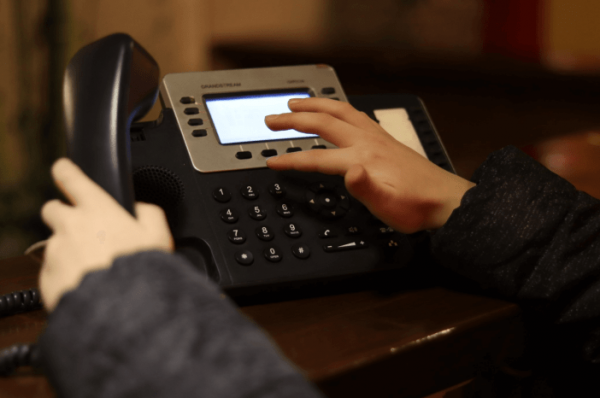
So, you want to find the “block number” option on the landline. Lucky for you, it’s possible as long as you turn on the caller ID on your device. Just dial *77, then wait until you hear a confirmation message. Moving forward, any restricted call you’ll receive will get an automated message. It’ll prompt them to unblock the caller ID and try again. In short, they can’t call you unless they unblock their restricted number.
On the other hand, you might later change your mind and want to disable this feature. Thankfully, it’s as simple to reverse as it was to implement. Just pick up your phone and dial *87. Stay on the phone and wait until you hear a confirmation message. Your phone should be able to receive restricted calls moving forward.
Smartphone
People not only get restricted calls from landline callers, but they also get them from mobile numbers. Thankfully, there is a way to block a restricted call on a smartphone. However, this feature largely depends on what your phone carrier of choice is.
If, for example, you’re subscribed to Verizon Wireless, you need a Smart Family Plan to do so. Other carriers like AT&T don’t offer anonymous call blocking by default. However, AT&T does have offerings for anonymous call blocking as an add-on for interested customers. Unfortunately, we can’t say the same for T-Mobile and Sprint because they don’t have anonymous call blocking at all. However, you do have the option to block them directly from your smartphone. Of course, that depends on the model of the phone you’re using.
iPhone
With that said, there are different ways to block a restricted call on your mobile phone. If you have an iPhone and want to block a restricted number, follow the given steps:
- Navigate to your Phone app (the icon that looks like a telephone).
- Tap on the blue question mark (?) symbol that you see next to the restricted call.
- Click on Block this caller so that you can block that caller for good.
Android
On Android, things are more or less similar to the iPhone. Likewise, it’s fairly easy to block a restricted call on an Android device. To do so, follow the given steps:
- Navigate to your Phone app.
- Select the restricted call, then its “i” icon.
- At the bottom of the screen, choose Block.
Call Blocking Apps
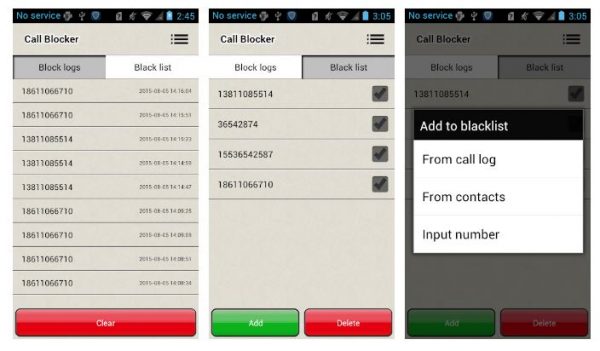
The beauty of having smartphones and apps is the freedom to implement certain things on your phone through apps. Thus, it’s great that apart from the default methods on iOS and Android, you can also use call blocking apps. These are third-party apps that you can employ to block a restricted call. There are many free and paid apps on the market that you can check out.
For a list of our recommended apps, read our detailed guide on the best call-blocking apps for Android and iOS devices.
Other Ways to Handle a Restricted Call
Apart from blocking a restricted call, there are other means you can opt for to handle restricted calls. Sometimes, you’d want more information about the people who are calling you. That’s especially so if they’re already harassing you to no end. Make sure to check out these other options to handle problematic callers.
Getting Information From Your Phone Bill
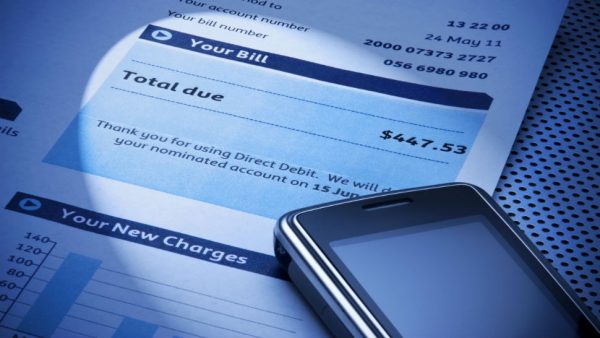
If you want the number of the restricted call, you can find out through your phone bill. While this isn’t always the case, it’s still possible. However, if you’re going this route, make sure to take note of your restricted call’s time and date. Once you get your phone bill at the end of your billing cycle, you can check out the people who called you. Just compare the time and date of the restricted call to the number on your phone bill.
Doing a Reverse Phone Lookup
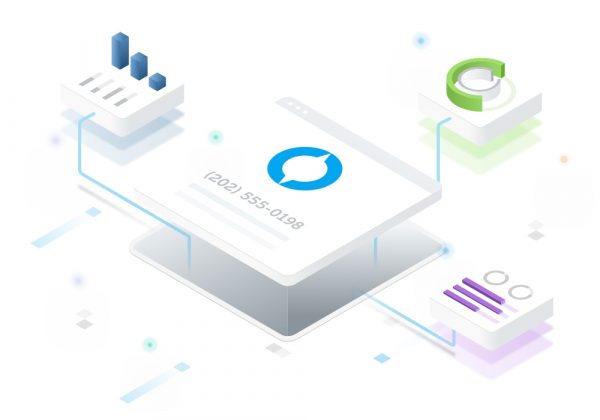
This is for people who want to take the next step after uncovering the restricted call’s number. You can find out a bit more information about the caller by using a reverse phone lookup service. Usually, this will reveal information like the person’s address and address history, alternate numbers, email addresses, and sometimes, social media. Of course, you can decide for yourself whether or not this kind of info digging is called for.
Using Toll-Free Lines
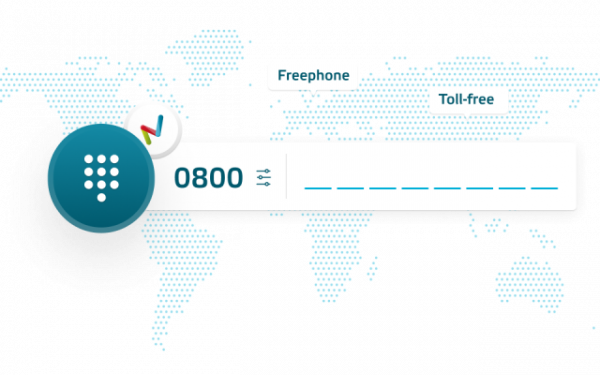
Sometimes, it’s annoying to have to block every single restricted call after you receive them. That’s why some people opt for toll-free lines that use automatic number identification (ANI). ANI overrides caller ID-blocking so that you will see who’s calling you even if they block their number. This is especially useful for folks who are prone to receiving restricted calls. However, it does come with a catch, and unsurprisingly, that catch is money. You have to pay a monthly fee for your phone service to avail of this. Thus, think carefully about it if you can allot enough of your budget for this service. Moreover, consider whether or not it’s an essential part of your personal or professional life.
Reporting the Call
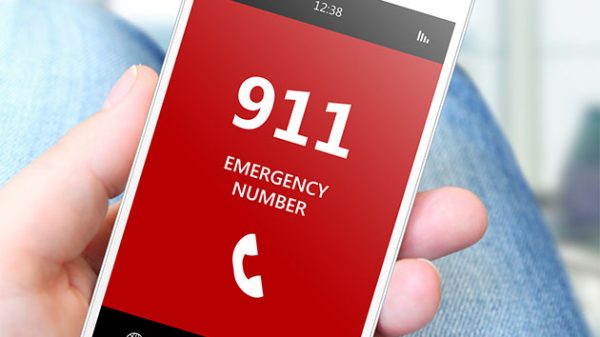
Lastly, if you increasingly get threatening and uncomfortable calls, the best way to handle them is to report them. It’s best if you can contact your local police department to file a complaint or report. If it’s something that might threaten not only your privacy and security but also your safety, then this is imperative.
Final Word
When you receive a restricted call, it can be scary because you don’t know who’s on the other end. It could be some relatively harmless telemarketer or agency. However, entertaining restricted calls are, for the most part, ill-advised and unsafe. That’s because people are naturally more threatening when they conceal their identities. Thus, if you receive a restricted call, make sure to take the proper steps to ensure your safety. Block them, or if they’re getting worse, report them to local authorities to let them handle the situation.
